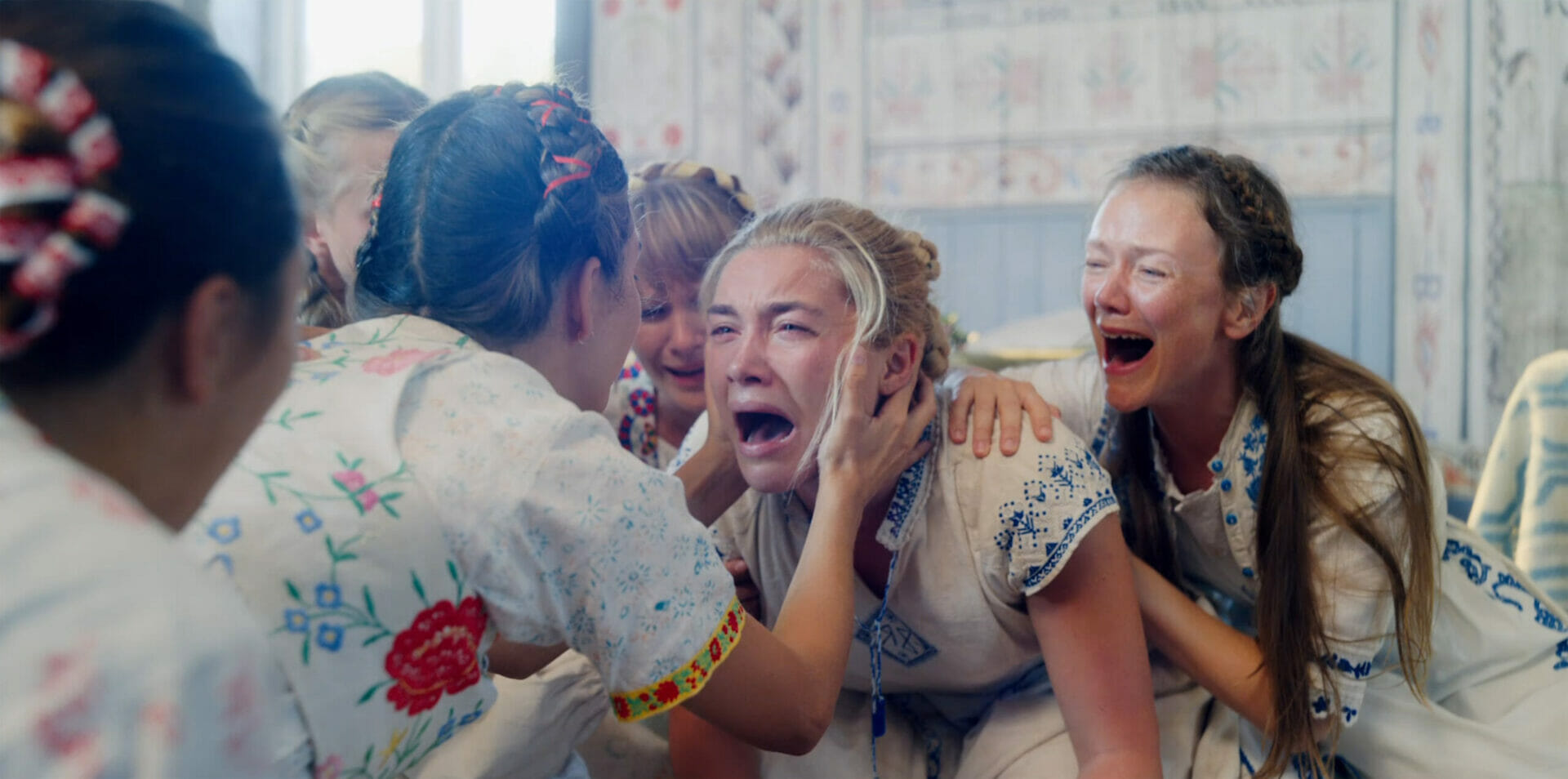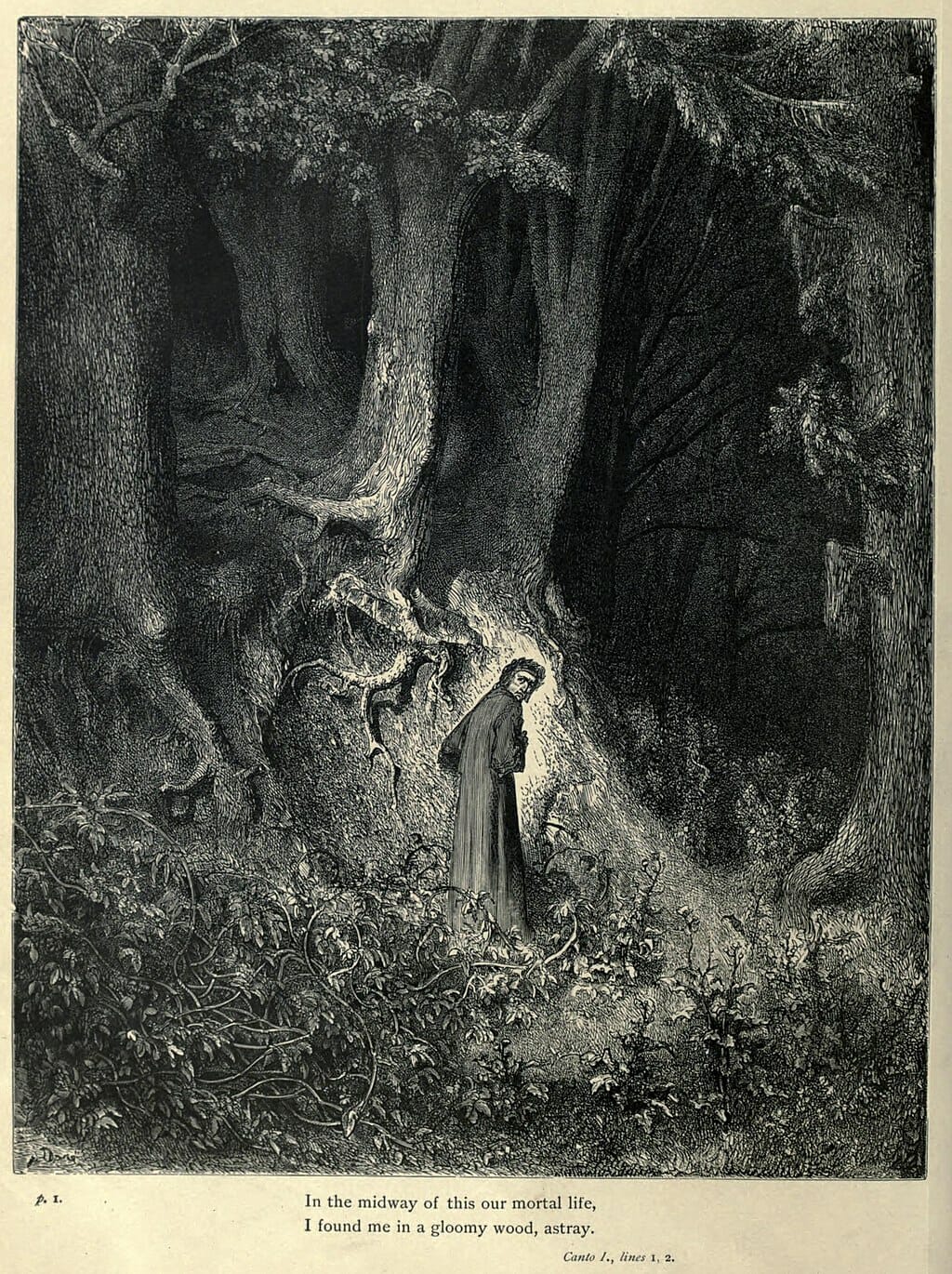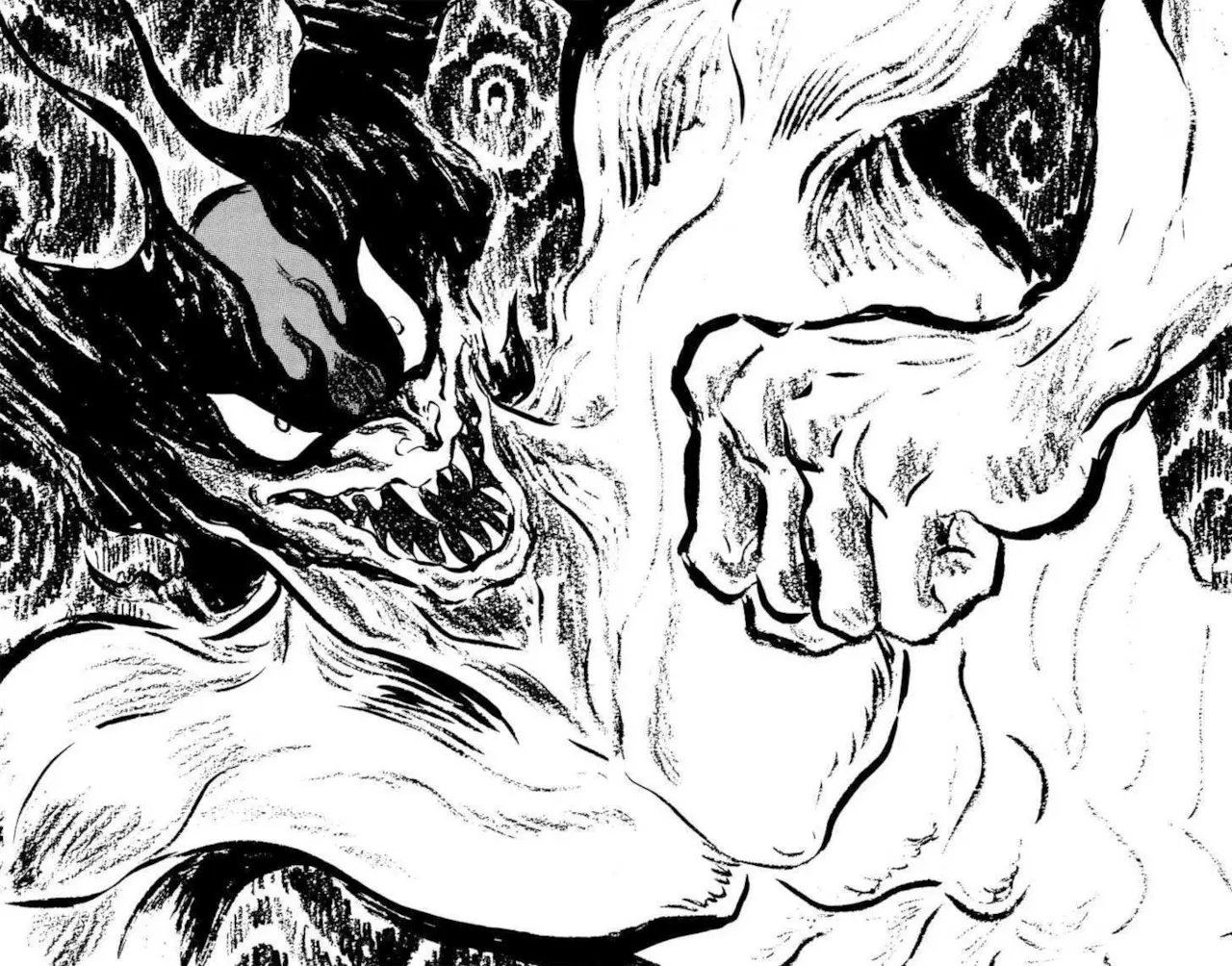
Midsommar | Ari Aster's horror fairy tale
Year
Runtime
Director
Writer
Cinematographer
Production Designer
Music by
Format
Genre
By
“How do you turn a folk horror film into a fairy tale?” This is the question that Ari Aster sets out to answer in his second feature Midsommar, following only a year behind his supernatural horror debut Hereditary. This time, the plot centers on Aster’s would-be princess Dani (Florence Pugh), grief-stricken after a horrific family tragedy, as she accompanies her emotionally distant boyfriend Christian (Jack Reynor) on a trip to rural Sweden for the midsummer festivities. From there, the story quickly devolves into a psychedelic confusion of horror, fairy tale, and break-up drama, all set under the unforgiving glare of the 24-hour Nordic sun.

While the film immediately attracts comparison to Robin Hardy’s 1973 The Wicker Man for its adherence to the laws of folk horror, it incorporates the logic and structures of a range of different genres. Aster, a self-proclaimed cinephile, cites inspirations stretching from Lars von Trier’s Dogville to Swedish auteurs Ingmar Bergman and Roy Andersson, to Albert Brooks’ Modern Romance for its break-up subject matter.
A dark side brought into the light
Midsommar takes the same topic- a failing relationship- and heightens it to the level of melodrama, creating an operatic, almost apocalyptic story full of anxieties, shifting morality, and twisted wish-fulfillment. But while many stories that confront the “dark” sides of human nature take place, unsurprisingly, in the dark, Midsommar boldly brings them into the light, with high-key, color-saturated cinematography inspired by films such as Powell and Pressburger’s The Red Shoes and Parajanov’s striking The Color of Pomegranates.
The seductive beauty of the visuals slowly muddles the viewer’s sense of good and evil, by the end bringing a symphony of ritual suicides, hallucinatory group sex, and human sacrifice into a crescendo that feels, strangely, cathartic. When Ari Aster said “fairy tale,” it’s clear he wasn’t referring to the Disney kind.
Tag
Buy a ☕ for Hypercritic









